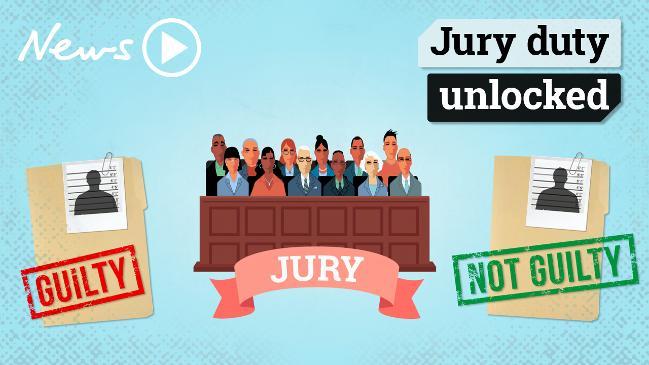Toxic jury: 46 days of deliberation leads to accused drug smuggler acquittal
After Tri Than Phan was charged with importing 575kg of drugs into Australia, it took a jury an agonising 46 days to decide he was guilty. But it also ended up setting him free.

NSW
Don't miss out on the headlines from NSW. Followed categories will be added to My News.
A Sydney man jailed for drug smuggling was acquitted on appeal because his jury had turned “toxic” as they were forced to spend almost 50 days in what became “futile” arguments about their verdict.
The overturning of Tri Tan Phan’s guilty verdict is now likely to set a precedent on how judges manage juries and the length of time jurors can deliberate.
Phan, 48, from Fairfield, was sentenced to a maximum 14 years jail after being found guilty by a District Court jury that spent three months hearing evidence, then 46 days in deliberations.
Tensions flared as the 12 jurors were forced to spend up to six hours a day in the jury room.
One juror was sent home on January 4, 2016, after being found lying on the jury room floor with a recurrence of an anxiety disorder. Two others had already been discharged due to pre-booked holidays.

The remaining nine jurors found him guilty of collecting and storing 575kg of heroin and methamphetamines that were smuggled to Australia for a Hong Kong drug syndicate.
Phan’s lawyer Stephen Alexander said his client had been behind bars for six years after having bail refused since his arrest in 2012 and while his trial ran twice.
“It was trial by attrition — we spent more than a year in jury trials — absolute torture for the my client, and I assume, the juries,” Mr Alexander said.
MORE FROM BRENDEN HILLS
WHY JOHN IBRAHIM DIDN’T WANT TO BE AROUND DODGY DEALS
RENOVATIONS BEGIN ON MILLERS POINT FACE LIFT
The second trial started on July 13, 2015, in the Sydney District Court and 12 jury members were sent to the jury rooms on October 12, 2015 to deliberate on their verdict.
On January 5, 2016, Judge Mark Williams was given a note from one of the jurors that explained how bad the environment in the jury room had become.
“ … Individual verdicts and decision making have not and continue not to be respected and further deliberation is proving unconstructive, toxic and futile,” the jury note said.
The day before, the juror had been sent home with an anxiety disorder. Despite this, Judge Williams ordered the jury to continue deliberating.

Soon after the remaining nine returned with a guilty verdict.
But on October 12, 2018, Phan’s conviction and sentence was overturned by the NSW Court of Criminal Appeal, which found Judge Williams should have discharged the jury rather than forcing them to continue deliberating.
The details of the appeal can now be revealed because a non-publication order was removed last month after the Commonwealth DPP elected not to send Phan for a retrial.
In allowing the appeal, Justice Derek Price told the NSWCCA that in continuing with only nine jurors, Phan “had been deprived of three jurors in the jury room”.
Combined with the tensions in the jury room and the length of deliberations, Justice Price said the trial judge “was obliged to consider” that the ability of the remaining jurors to deliver a sound verdict “had been compromised”.
“In my respectful opinion, the judge erred in not re-considering … whether to continue the trial would give rise to the risk of a substantial miscarriage of justice,” Justice Price told the court.
The case is now likely to set a precedent on how judges manage juries and the length of time allowed for deliberations.
Originally published as Toxic jury: 46 days of deliberation leads to accused drug smuggler acquittal


